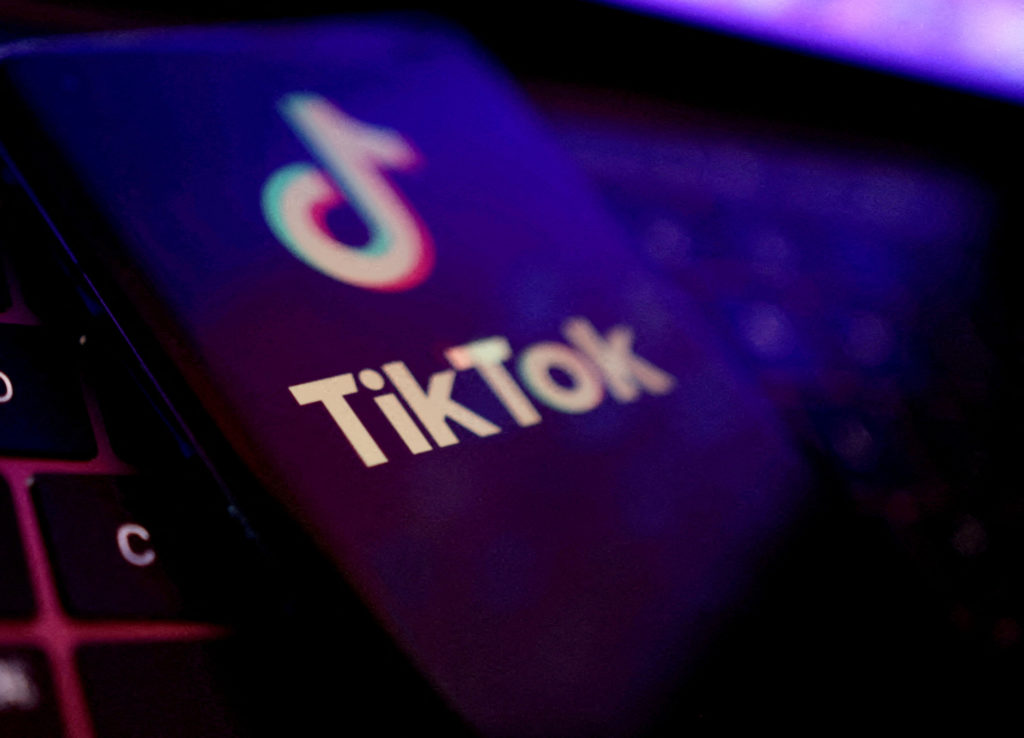
Fourteen U.S. states, including New York and California, and the District of Columbia have filed lawsuits against TikTok, accusing the platform of harming children’s mental health, violating privacy, and falsely claiming it is safe for young users.
Each lawsuit was filed individually and targets TikTok’s addictive algorithm, which the plaintiffs argue incentivizes children to remain on the platform for extended periods, resulting in negative effects such as mental health struggles, body image issues, and participation in viral challenges that have led to physical harm.
States Target TikTok’s Addictive Features
The lawsuits highlight what they describe as TikTok’s “intentionally addictive” features, including autoplay videos and constant notifications, which are common in modern social media apps.
Additionally, the suits focus on “dangerous TikTok challenges,” some of which have prompted young users to engage in dangerous behaviors, such as excessive use of Benadryl or tampering with electrical outlets. The lawsuits also claim that TikTok has failed to protect minors from harmful content and has misled the public about the platform’s safety for children.
Targeting and Manipulation of Young Users
New York Attorney General Letitia James and California Attorney General Rob Bonta have both issued strong statements regarding TikTok’s alleged role in damaging the mental health of young people.
James emphasized that TikTok’s platform is far from safe for minors, pointing to cases of injury and even death linked to the platform’s viral challenges. Bonta highlighted that a California investigation found TikTok intentionally targets children because of their vulnerability and lack of capacity to establish healthy boundaries with addictive content, thus benefiting the platform’s profit model.
Sexual Exploitation Allegations Through TikTok Live
The lawsuits go further by alleging that TikTok enables the sexual exploitation of underage users through its TikTok Live platform, where users can receive virtual currency from viewers.
One suit from Washington D.C. claims TikTok operates an unlicensed money transmission business through this feature and argues that lax age verification incentivizes minors to lie about their age to access these live streams.
The plaintiffs argue that this system exposes minors to serious harm, including sexual exploitation, while TikTok profits from the activity.
Data Privacy Violations
In addition to these claims, the lawsuits accuse TikTok and its parent company, ByteDance, of illegally collecting data from young users without consent. This echoes a prior lawsuit filed by the U.S. Department of Justice in August, which charged TikTok with violating the Children’s Online Privacy Protection Act (COPPA) by collecting personal information from users under 13 without proper parental consent.
States like Texas have also launched lawsuits against the platform for violating child privacy laws and failing to comply with legislation designed to protect minors, such as Texas’s Securing Children Online through Parental Empowerment Act.
TikTok Rejects Claims, Highlights Safety Measures
TikTok has responded to the lawsuits by denying the claims and describing them as inaccurate and misleading. The company emphasized that it has implemented safeguards for minors, including features like screen time limits, family pairing options, and default privacy settings for users under 16. Despite these measures, the platform remains at the center of a legal storm, as it faces mounting pressure from regulators and legal authorities across the U.S.
This latest wave of lawsuits comes as TikTok’s parent company, ByteDance, is under pressure to sell the platform to a non-Chinese buyer by January 17 to avoid a nationwide ban. The company has challenged the constitutionality of this requirement, further intensifying the legal battles surrounding TikTok.
Featured Image courtesy of DADO RUVIC/REUTERS
Follow us for updates on the U.S. states’ lawsuits against TikTok over child safety concerns.
